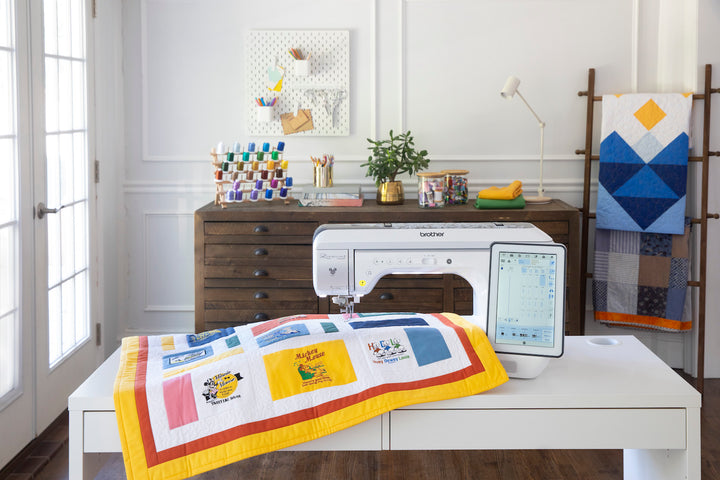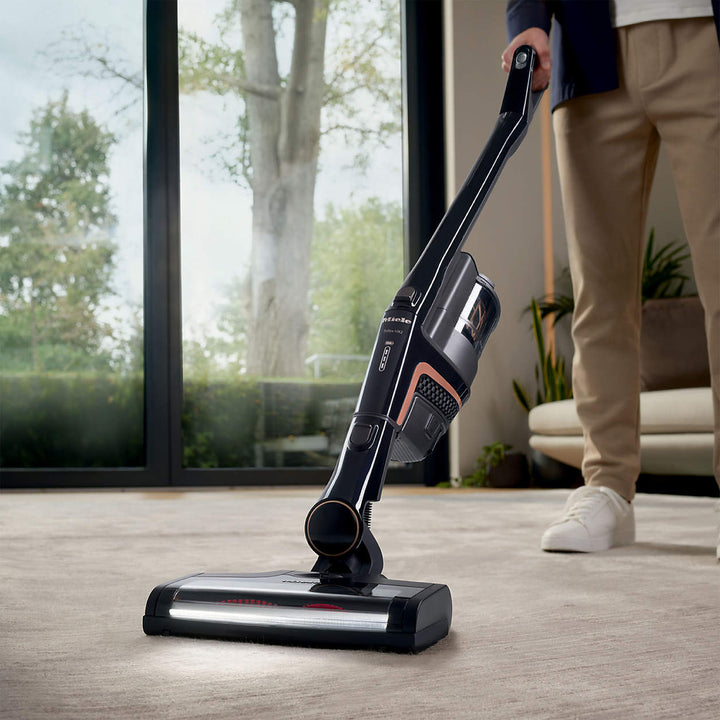-
All Quality Sewing Offerings
Miele HyClean Air TU Vacuum Bags XL 8 Pack
Regular price $55.99Sale price $55.99 Regular priceUnit price per$0.00Liquid error (snippets/price line 86): Computation results in '-Infinity'% off -
All Quality Sewing Offerings
Miele HyClean Air TU Dustbags - 4 Pack
Regular price $28.99Sale price $28.99 Regular priceUnit price per -
All Quality Sewing Offerings
Regular price $18.99Sale price $18.99 Regular priceUnit price per$21.9914% offSale -
All Quality Sewing Offerings
Bags Riccar Z Compact Hepa 6pk
Regular price $19.99Sale price $19.99 Regular priceUnit price per$0.00Liquid error (snippets/price line 86): Computation results in '-Infinity'% off -
All Quality Sewing Offerings
Bags Riccar X Radiance Hepa 6pk
Regular price $34.99Sale price $34.99 Regular priceUnit price per$0.00Liquid error (snippets/price line 86): Computation results in '-Infinity'% off -
All Quality Sewing Offerings
Bags Riccar W Brillance Hepa 6pk
Regular price $26.99Sale price $26.99 Regular priceUnit price per$27.994% offSale -
All Quality Sewing Offerings
Bags Riccar R20 Vibrance Hepa 6pk
Regular price $24.99Sale price $24.99 Regular priceUnit price per$0.00Liquid error (snippets/price line 86): Computation results in '-Infinity'% off -
All Quality Sewing Offerings
Riccar Type F HEPA Vacuum Bags for RSL Supralites and R10E
Regular price $21.99Sale price $21.99 Regular priceUnit price per$25.9915% offSale -
All Quality Sewing Offerings
Miele Performance Pack - AirClean 3D Efficiency FilterBags Type FJM + HA50 Hepa Filter
Regular price $145.00Sale price $145.00 Regular priceUnit price per$0.00Liquid error (snippets/price line 86): Computation results in '-Infinity'% off
FAQs
How do I choose the right vacuum bag for my machine?
Choosing the right vacuum bag depends on your vacuum model and manufacturer. To find the best fit:
- Check your manual: Look for compatible bag model numbers listed in your vacuum's manual.
- Match by brand: Most vacuum bags are specifically designed for brands like Miele, Riccar, or Sebo.
- Identify bag type: Bags are often labeled by size or series (e.g., "Type F" or "HEPA bags").
- Consult our team: Contact QualitySewing.com for expert assistance.
What are the benefits of using high-quality vacuum bags?
High-quality vacuum bags enhance your vacuum’s performance by:
- Trapping fine particles: HEPA and multi-layer bags capture dust, allergens, and pet dander.
- Extending vacuum life: Durable bags protect the motor by preventing clogs.
- Odor control: Many bags include odor-neutralizing layers, keeping your home fresh.
- Improved suction: Designed for optimal airflow, ensuring consistent cleaning power.
How often should I replace my vacuum bag?
The frequency of replacing vacuum bags depends on usage and the bag type:
- Light use: Replace every 1-2 months for small households.
- Heavy use: Replace monthly if vacuuming larger spaces or dealing with pet hair.
- Allergy households: Replace bags frequently to maintain clean air and trap allergens.
- Full indicator: Many vacuums have a bag-full indicator to signal replacement.
What is the difference between standard vacuum bags and HEPA bags?
Standard and HEPA vacuum bags differ in their filtration capabilities:
- Standard bags: Capture everyday dust and debris but may not trap fine particles.
- HEPA bags: Remove 99.97% of allergens and particles as small as 0.3 microns, ideal for allergy sufferers.
- Durability: HEPA bags often feature multi-layer designs for enhanced performance.
Standard and HEPA vacuum bags differ in their filtration capabilities:
- Standard bags: Capture everyday dust and debris but may not trap fine particles.
- HEPA bags: Remove 99.97% of allergens and particles as small as 0.3 microns, ideal for allergy sufferers.
- Durability: HEPA bags often feature multi-layer designs for enhanced performance.
Can vacuum bags help with reducing allergens in my home?
Yes, vacuum bags, especially those with HEPA filtration, are excellent for allergy management:
- Trap allergens: Captures dust mites, pollen, and pet dander, improving air quality.
- Sealed design: Prevents allergens from escaping during bag changes.
- Odor control: Some bags include activated charcoal to neutralize allergens and odors.












